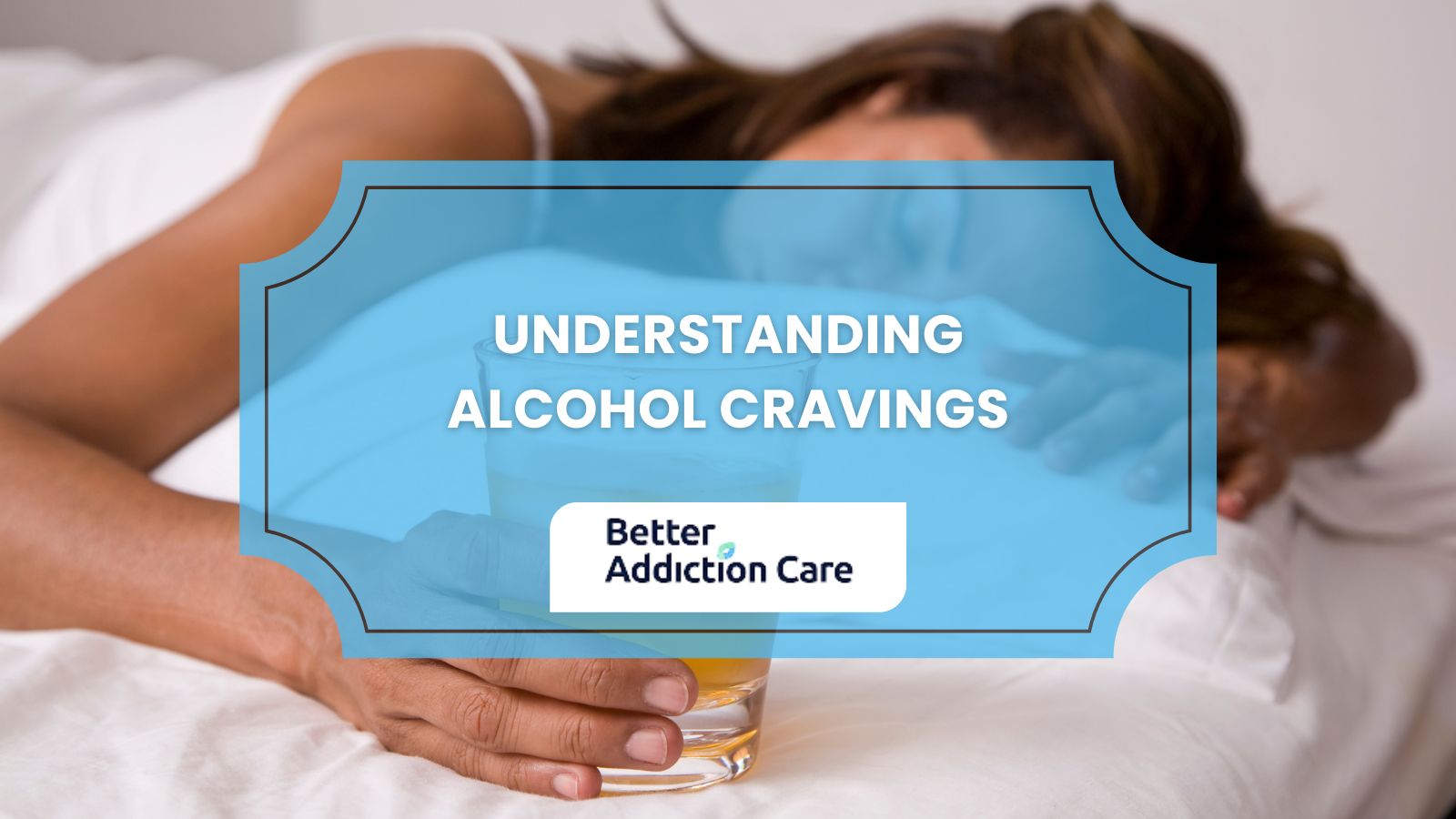The Relationship Between Alcohol and Cancer
There has been a great deal of research on cancer and alcohol consumption that has uncovered the complex and intricate association between the two.

Alcohol contributes to carcinogenesis through various direct and indirect mechanisms, but basically, most develop through exposure to the main ingredient in alcoholic beverages, ethanol, which can be converted into the known carcinogen acetaldehyde, which can damage DNA and obstruct the biological and developmental functions of the cell cycle. Another way for cancer development comes from the fact that chronic alcohol consumption can cause inflammation and oxidative stress, which further promotes the development of cancer cells.
This article can be used as an easy way to learn about the most common questions on this topic, which has been widely studied by scientists who have set out to discover and explain the direct correlation between alcohol consumption and the development of cancer.
What Are the Most Common Types of Cancer Caused by Alcohol?
Breast cancer is one of the most commonly associated cancers with alcohol. This is especially prevalent in females, for whom even moderate consumption of alcohol is directly related to an increase in estrogen levels, which translates to an increased likelihood of suffering from several types of gynecological cancers.
The development of multiple and diverse pathologies has been linked to alcohol consumption. Cancer is part of this long list, and multiple types of cancers could develop after exposure to alcohol and its byproducts.
In general lines, you can say that alcohol is a major risk factor for liver disease and liver cancer due to its direct toxic effects on liver cells, but when talking about the digestive system, you can also say that alcohol consumption is associated with a higher risk of colorectal cancer, which is potentially linked to changes in the gut flora and inflammation brought on by the substance. Smoking and drinking both inflame and destroy the esophageal lining, so they also significantly raise the risk of esophageal cancer.
Heavy alcohol use is frequently linked to mouth, throat, and laryngeal cancers, which facilitates the body's absorption of additional carcinogens due to the direct injury to the mucosa.
The table below shows the common associations between alcohol consumption and cancer.
Level of Alcohol Consumption |
Type of Cancer |
System |
Risk Level |
|
Moderate |
Breast Cancer |
Breast |
Elevated |
|
Moderate to Heavy |
Liver Cancer |
Liver |
High |
|
Regular |
Colorectal Cancer |
Digestive |
Increased |
|
Heavy (with smoking) |
Esophageal Cancer |
Digestive |
Very High |
|
Heavy |
Oral, Throat, Larynx |
Respiratory |
Very High |
|
Heavy |
Pancreatic Cancer |
Digestive |
High |
|
Heavy |
Stomach Cancer |
Digestive |
High |
|
Heavy |
Prostate Cancer |
Genitourinary |
Increased |
|
Heavy |
Lung Cancer |
Respiratory |
Very High |
|
Moderate to Heavy |
Kidney Cancer |
Genitourinary |
High |
What Level of Carcinogenesis Does Alcohol Have?
Alcohol has been classified as a Group 1 carcinogen by the International Agency for Research on Cancer (IARC). It means that there is enough evidence to show that alcohol is associated with the development of cancer.
Through Which Mechanisms Does Alcohol Cause Cancer?
The complex interaction of alcohol with body systems is probably the reason why it is associated with cancer development. To understand this, you might first know that the essential ingredient that makes alcoholic drinks, ethanol, is metabolized by the body, and it always ends up creating a dangerous subproduct, which is the well-known carcinogen acetaldehyde. Acetaldehyde is formed, and due to its biological effects, it directly induces DNA damage, which alters biological processes that might lead to the growth of malignant cells.
The second thing to know is that alcohol consumption can lead to the disruption of the body's ability to repair DNA. Thus, a person has a greater chance of developing genetic alterations and abnormal cells, which are the main reasons for cancer.
In addition, chronic alcohol consumption can create an environment of chronic inflammation in tissues and organs, which progressively intensifies the risks of cancer development.
Another way in which alcohol can cause cancer is through the production of Reactive Oxygen Species (ROS), which are also translated as molecules that cause oxidative stress to the cells, leading to chronic damage. ROS are generated as a by-product of ethanol metabolism.
Alcohol is part of hormone-related cancerogenesis due to its effects on the hormonal balance, especially in women, who frequently get alterations in estrogen levels, which increases the chances of developing breast and other gynecological cancers.
Alcohol consumption has an added risk that comes from its action as a coadjuvant for other carcinogens like those found in cigarettes, which are more easily absorbed by the body due to all the alterations caused by alcohol, thereby raising this way the risk of cancer in several systems, especially in the lungs and the whole digestive tract.
Remember that health promotion programs and public policies should be aimed at educating people about the adverse effects of alcohol on the body, since they can be useful in the widespread education about alcohol consumption's chronic consequences that should be looked at with an approach that goes beyond addiction.
How does alcohol and cancer risk rise with drinking level?
The more alcohol consumed, the higher the cancer risk, even at low levels. A study by Seitz et al., published in Alcohol and Alcoholism in 2012, found that consuming just one alcoholic drink per day (10–14â¯g of alcohol) increases breast cancer risk by approximately 5%.
Moderate and heavy drinking further elevate risks for cancers of the oral cavity, liver, esophagus, colorectum, and larynx, with heavy drinkers facing significantly higher relative risks.
This means that no level of alcohol consumption is entirely risk-free, and the risk climbs steadily with both frequency and quantity.
Are There Ways You Can Decrease Your Risk of Suffering from Cancer?
Yes, there are many ways you can decrease the probability of contracting cancer, such as adopting healthy behaviors and making conscious decisions that benefit one's health.
One important factor is maintaining a healthy weight, which can be achieved with consistent physical activity and a balanced diet abundant in fruits, vegetables, and whole grains. Another critical factor in the diet is avoiding foods high in preservatives and chemicals.
When it comes to reducing the chances of developing cancer, it is best to stay away from all types of tobacco, including smoking and smokeless tobacco. Likewise, you should try to avoid or reduce the amount of alcohol you consume. Implementing these modifications in your daily routine reduces the likelihood of developing cancer and improves your overall health and well-being.
Do You Have a Greater Risk of Developing Cancer if You Drink and Smoke?
Yes, you have a greater risk of developing cancer if you drink and smoke. As mentioned above, alcohol produces a synergistic effect that potentiates the individual risk of any kind of cancer caused by other substances.
Cigarettes alone contain multiple carcinogens, such as aromatic amines, volatile organic hydrocarbons, and metals, which are deposited in various organs and body systems and damage various tissues, such as those of the oral cavity, throat, and larynx. These tissues are more susceptible to the harmful effects of alcohol, which alter the cell cycle and DNA repair.
Chronic irritation and inflammation in the areas directly affected by cigarette smoke are exacerbated by alcohol and increase the likelihood of developing cancer, particularly in the form of oral, throat, and laryngeal cancer, also increasing the risk of developing esophageal cancer.
Are There Any Known Health Benefits Associated with Alcohol Consumption?
Yes, there are some potential health benefits that have been linked to moderate alcohol intake, especially in specific situations and for certain populations. For example, red wine has been associated with a decreased likelihood of developing cardiovascular disorders, such as coronary artery disease and ischemic stroke. Drinking a modest amount of alcohol can slightly raise levels of high-density lipoprotein (HDL) cholesterol, which acts as a cardioprotector. Also, several studies indicate that moderate alcohol consumption may be associated with a reduced likelihood of developing type 2 diabetes.
It is important to acknowledge that, despite these potential advantages, the likelihood of developing cancer is not reduced. Excessive alcohol use is linked to a multitude of negative health consequences, such as an elevated likelihood of developing addiction, liver disease, some types of cancer, and mental health difficulties. Consequently, it is crucial to be cautious and seek guidance from a healthcare professional when making choices about drinking alcohol. This should involve considering one's personal health condition, susceptibility to harm, and the potential advantages and disadvantages.
What Should You Do If You Want to Decrease Your Alcohol Consumption?
Take into account that you can do this in several ways. After recognizing your level of alcohol consumption, try to set clear objectives with specific and achievable goals. One important step is to reduce the amount of alcohol in your environment by not storing it at home or staying away from gatherings where heavy drinking is typical.
Try to consult a therapist, counselor, or alcoholism-focused support group, which can be a great help in this process. Be kind and gentle with yourself as you strive to reduce alcohol consumption; doing so is a process that may include setbacks. It is possible to reduce alcohol consumption and improve overall health with determination, support, and the right tactics.
What is the public health impact of alcohol and cancer?
The public health burden of alcohol and cancer is substantial; alcohol causes about 5–6% of new cancer cases and ~4% of cancer deaths in the U.S. and globally. According to estimates from the CDC and the National Cancer Institute, alcohol is responsible for approximately 5.6% of cancer cases and 4% of cancer-related deaths in the United States.
Alarmingly, alcohol-related cancer deaths have doubled over the past 30 years, underscoring a growing trend with serious implications. Despite these statistics, public awareness remains low, and alcohol continues to be an underrecognized carcinogen contributing to a significant portion of the global cancer burden.
Related Articles
Treatment Centers in Virginia










